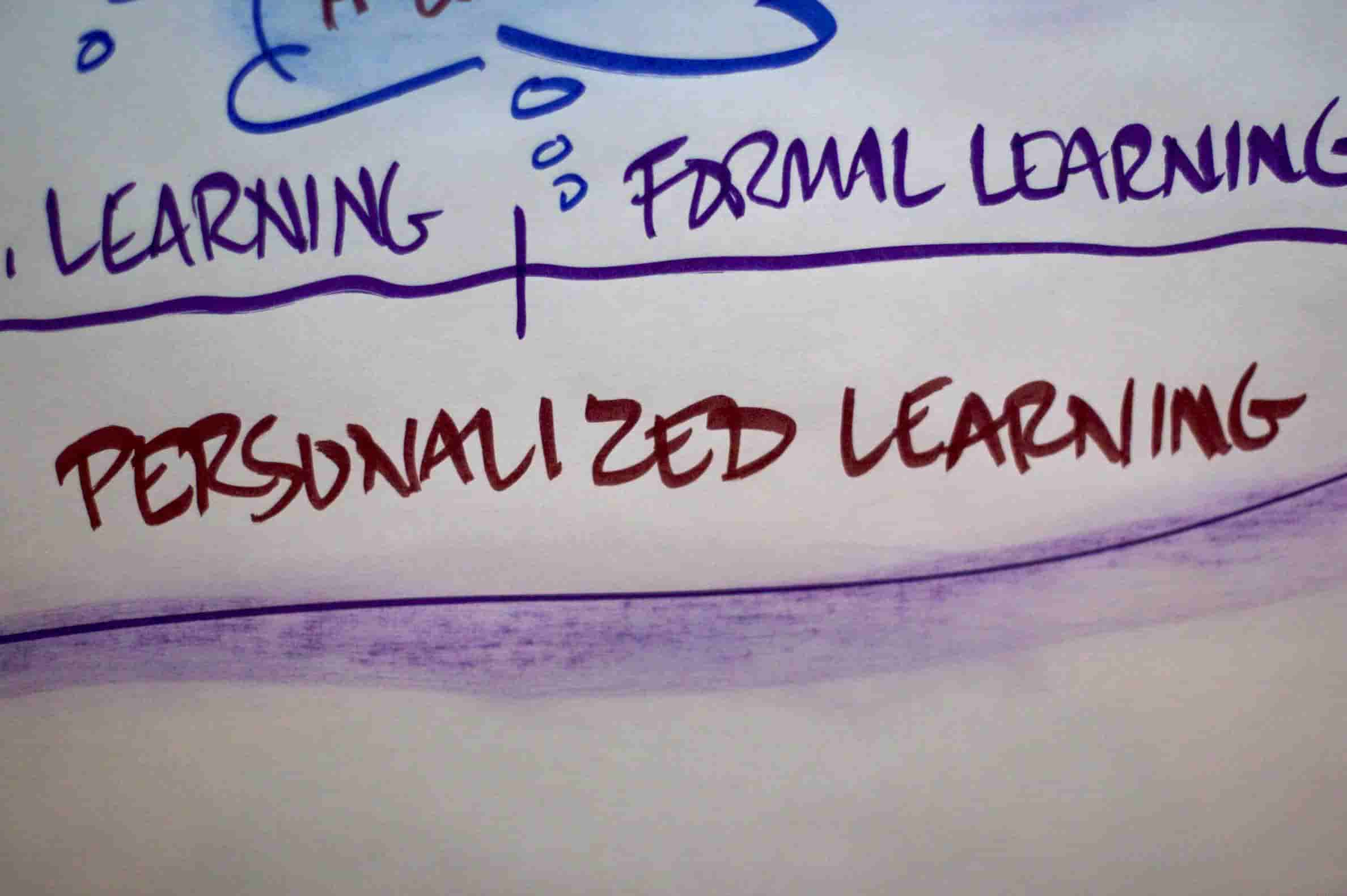EdTech Startups Are Bridging the Learning Gap in India

In recent years, India has witnessed a remarkable transformation in its education landscape, fueled by the rapid growth of EdTech startups. Experts at AIC-BIMTECH predict the market will be worth $30 billion by 2025, three times higher than in 2021.
These innovative platforms have harnessed the power of technology to democratize education, making learning accessible, engaging, and personalized. As the traditional boundaries of education continue to evolve, EdTech startups are playing a pivotal role in shaping the future of learning in the country.
Challenges

However, India’s digital education landscape is not without challenges. India’s progressive online content regulations have curtailed access to particular websites, applications, and services. Nonetheless, users continue to have the option to employ services like ExpressVPN, for example, to obtain an Indian IP address by selecting virtual servers in Singapore or the UK.
With IP addresses from 94 countries, including the US and UK, ExpressVPN allows users to access censored websites in India and overcome internet restrictions. A VPN operates by creating a secure and encrypted connection between your device and a remote server. This connection is established over the existing internet infrastructure, enabling you to browse the internet or access resources as if you were connected to the remote server’s location.
Moreover, VPNs enhance cybersecurity and data privacy, safeguarding students’ personal information and learning activities from potential threats. This becomes particularly important as more students rely on online platforms for their education. By encrypting internet traffic and masking IP addresses, VPNs offer an added layer of protection, creating a safe environment for students to explore and learn.

Learning from Home
With platforms like BYJU, Unacademy, and Vedantu, students can access high-quality lessons, expert guidance, and interactive study materials from the comfort of their homes. Personalized learning algorithms analyze each student’s progress and adapt content to suit individual learning styles, nurturing a deeper understanding of subjects. These platforms also democratize education, reaching beyond metropolitan hubs to empower students in remote villages and towns where educational resources were once scarce.
According to TechCrunch, one of the defining features of EdTech startups is their emphasis on personalized learning. By leveraging data analytics and artificial intelligence, these platforms can tailor educational content to individual student’s strengths, weaknesses, and learning styles. This approach not only enhances comprehension but also fosters a deeper and more lasting understanding of the material. Furthermore, it empowers students to learn at their own pace, eliminating the constraints of a one-size-fits-all curriculum.
Overcoming Barriers
EdTech startups have effectively broken down geographical barriers, extending quality education beyond urban centers and into remote and underserved areas. This has proven especially significant in a vast and diverse country like India, where access to quality education has often been a challenge. With the help of these platforms, students in rural villages can now access the same high-quality resources as their urban counterparts, leveling the playing field and promoting inclusivity.
The rise of EdTech startups in India is not merely a trend; it represents a paradigm shift in the way education is conceptualized and delivered. These startups are harnessing technology to empower learners, enhance engagement, and bridge educational gaps. As the journey towards a more digital and inclusive education system continues, the role of VPNs in supporting these initiatives becomes increasingly evident. By ensuring secure and unrestricted access to educational content, VPNs contribute to the realization of a future where quality education knows no boundaries.


